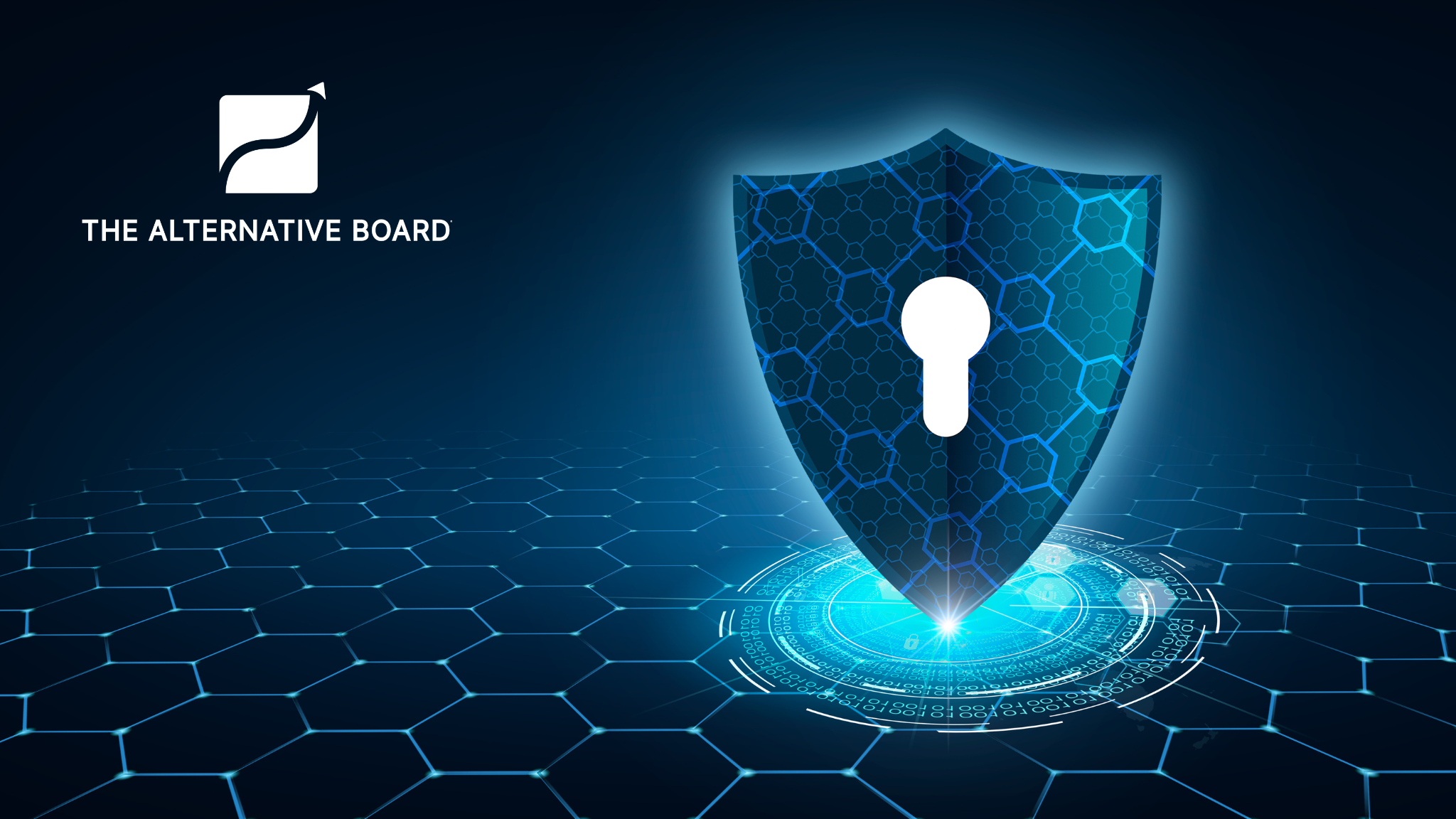It’s a dangerous digital world out there – and a remarkable number of small businesses are under-protected, unprepared, and largely unconcerned about getting hit by a cyberattack. According to a recent Forbes article, a shocking 57% of small business owners believe their organisations won’t be victims in a cyberattack. But in reality, small businesses are a top target for hackers and account for at least 43% of all data breaches. The main reason for this is obvious. Many small business owners possess a false sense of security – and perhaps obscurity – when it comes to the prospect of cyberthreats, therefore they lack the security awareness, the strategy, and the necessary budget that could otherwise help protect their data and systems.
But a lax safety posture doesn’t just threaten your small business, it can also pose a huge security risk to your customers once their credit card information, email addresses and other vital data are exposed and stolen by bad actors. Your weaknesses can also act as entry points that cybercriminals exploit to invade the larger companies you do business with like suppliers, insurance companies, and financial institutions.
So, it is important to remember that while the cyber safety of your business is important, it also helps protect the people and organisations with whom you do business.
How to Protect Your Business from Cybercriminals:
Small business owners are becoming increasingly aware of the barrage of cyber activity that threatens their organisations. But it can still be challenging to know what is required to ensure a strong security posture.
While businesses may possess unique dynamics and threat levels, there are some universal cybersecurity best practices and solutions that are essential to every business.
1. Train Your Team.
Educated employees are your first line of cyber defence. Teach everyone on your team the red flags of a phishing email like suspicious sender addresses, unsolicited attachments, spelling and grammatical errors, and perhaps most of all, an implied urgency that implores them to act immediately. All these are common telltales of phishing scams. Create a culture of cyber awareness. There are a variety of security awareness training programs available.
2. Implement Strong Password Management.
Login credentials are gold to hackers. Create effective password protocols that require complexity and mixed characters. Don’t allow employees to use passwords they have on other accounts. Consider multi-factor authentication (MFA) that requires users to verify their identity using a one-time code or secondary login method. Again, there are numerous MFA options out there.
3. Make Sure You Update.
Keeping your software and systems updated ensures that known security flaws and vulnerabilities are fixed and new enhancements are installed. Never let updates linger.
4. Maintain a Consistent and Secure Backup.
Regularly backing up your systems is an essential safety net that will save the day should your data be breached or your hardware fail. Secure backups support business continuity and reduce the financial fallout of a cyber event. Remember that in a ransomware scenario, even those organisations who pay up only recover about 65% of their data. So having a secure backup is truly a lifeline.
5. Install Strong Antivirus Software.
Antivirus software consistently works in the background of your systems and scans for malware, viruses, and signs of suspicious behaviour. When the antivirus software identifies a threat, it contains or even removes the infected files to eliminate the threat and prevent it from spreading to other devices in your network.
Of course, these approaches are just the tip of the cybersecurity iceberg. More mature organisations might perform advanced risk assessments, annual penetration testing and regular vulnerability scanning. There are security monitoring solutions that are truly remarkable as well, and surprisingly affordable. Those small business who do not have the luxury of an IT department might benefit from a cybersecurity firm to help them build and implement the strategy that is right for them.


